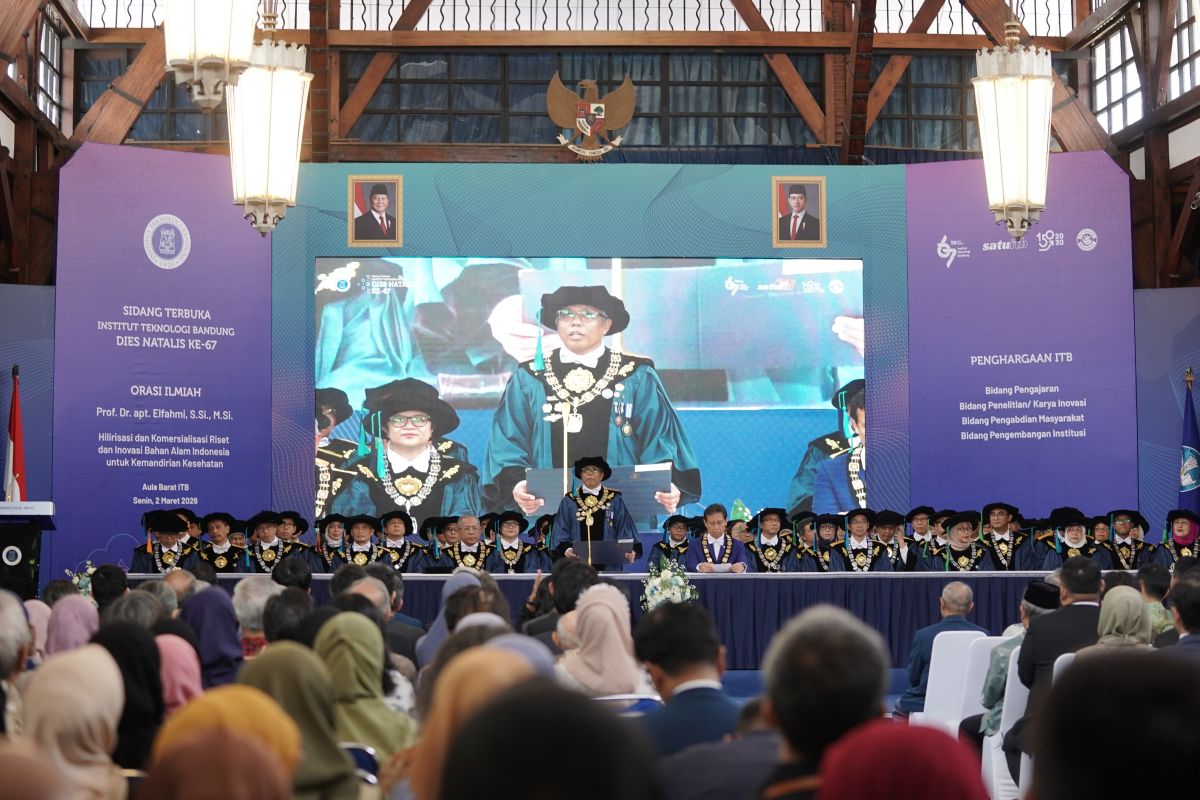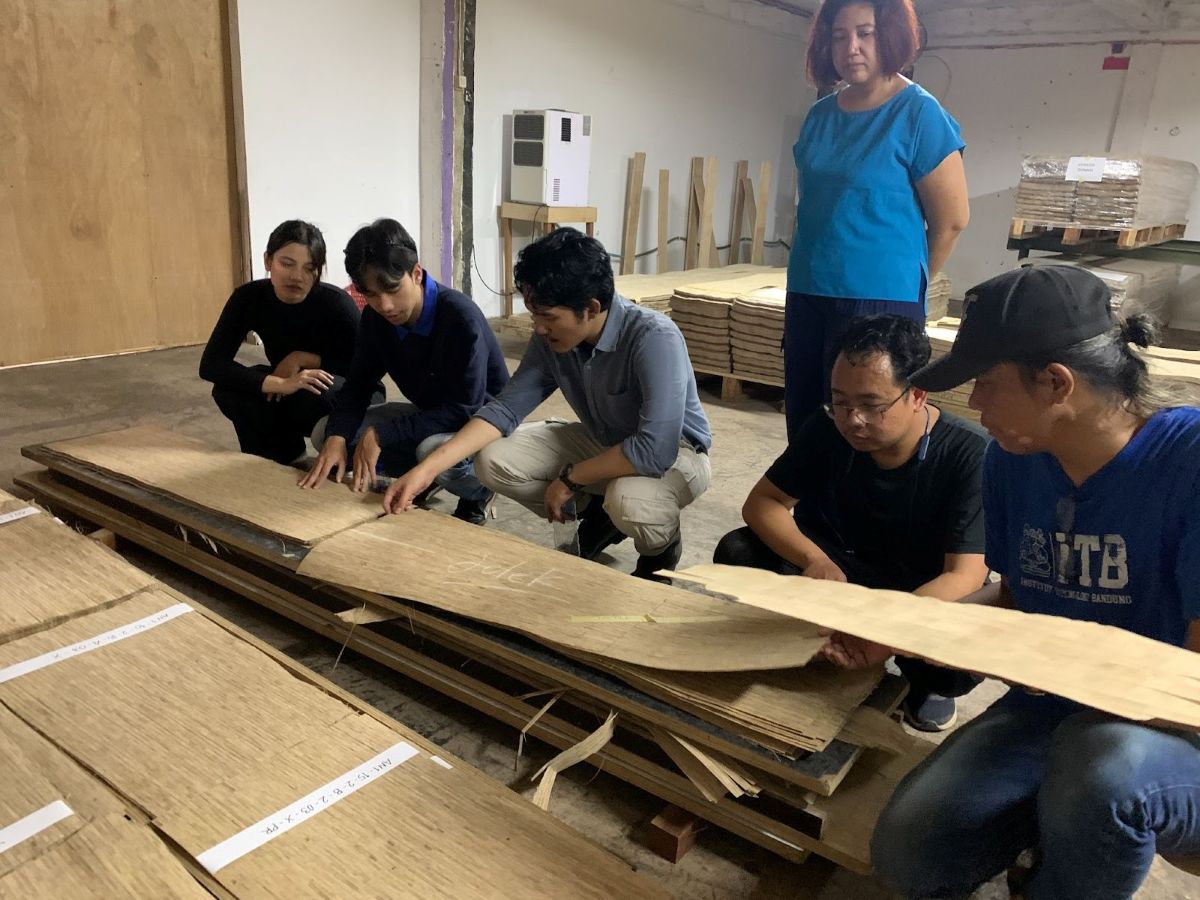Understanding the Acoustic of Mosques
By Adi Permana
Editor Adi Permana

BANDUNG, itb.ac.id – Aside from being a place of worship, Mosque is used dominantly for voice-related activities such as preaching, discussion, reciting, sermon, and marriage. Therefore, the acoustic aspect shall be heeded.
This was stated by Ir. R. Sugeng Joko Sarwono, Ph.D. from Engineering Physics Research Group of ITB, in a workshop on Mosque Acoustic Quality Enhancement at CRCS Building of ITB, Jalan Ganesha, Bandung, on Tuesday (6/11/2018). The workshop also featured Anugrah Sabdono Sudarsono, Ph.D from Engineering Physics of ITB and Keto Panggulu from PT. TOA.
According to Joko, acoustic aspect of a mosque is seen from three components, the sound direction, the conversation room, and the prayer room. The direction of sound is important because it brings solemnity when praying. When facing the qibla, sound should appear from the direction of the imam. Hence, sound system is important.
“Humans are generally multimodal preceptor. Humans perceive things based on balanced information received by eyes, skin, nose, and ears. If one sense is disturbed, the perception is also disturbed. A mosque shall accommodate the worshippers’ focus. If eyes, nose, and skin are accommodated but the ears are not, the worshippers will not focus. Therefore, do not forget to give sound system enough portion,” he said.
He explained that the adequacy of mosque’s acoustic is marked by four things. The sound should come from qibla direction, it should have enough sound power with loudspeaker, the sound within should be audible enough to listen to information, and it should present unique audial feel.
“The feel should be considered. The feel here is like when we are in an enormous mosque, we really feel like on an enormous mosque. When in a yard, it really feels like on a yard,” he said.
Problem that often arises is high reverberation time caused by hard building material, ceramic tiles, ceramic walls, and ceramic dome. Low frequency sound also happens often, caused by lack of good sound system settings.
Since most activities that take place in mosque relate to human voice, sound clarity is significant to a mosque. How do we set sound system right? Joko said that, mosque’s sound system depends on the geometry of the layout, such as whether the mosque takes dome, flat, or pyramid shape. Different layout needs different sound setting.
“There are many factors, such as the number of the jamaah, type of the room, is it domed or not, and many other. Hence, it varies,” said Joko.

.jpg)

.jpg)
.jpg)
.jpg)


